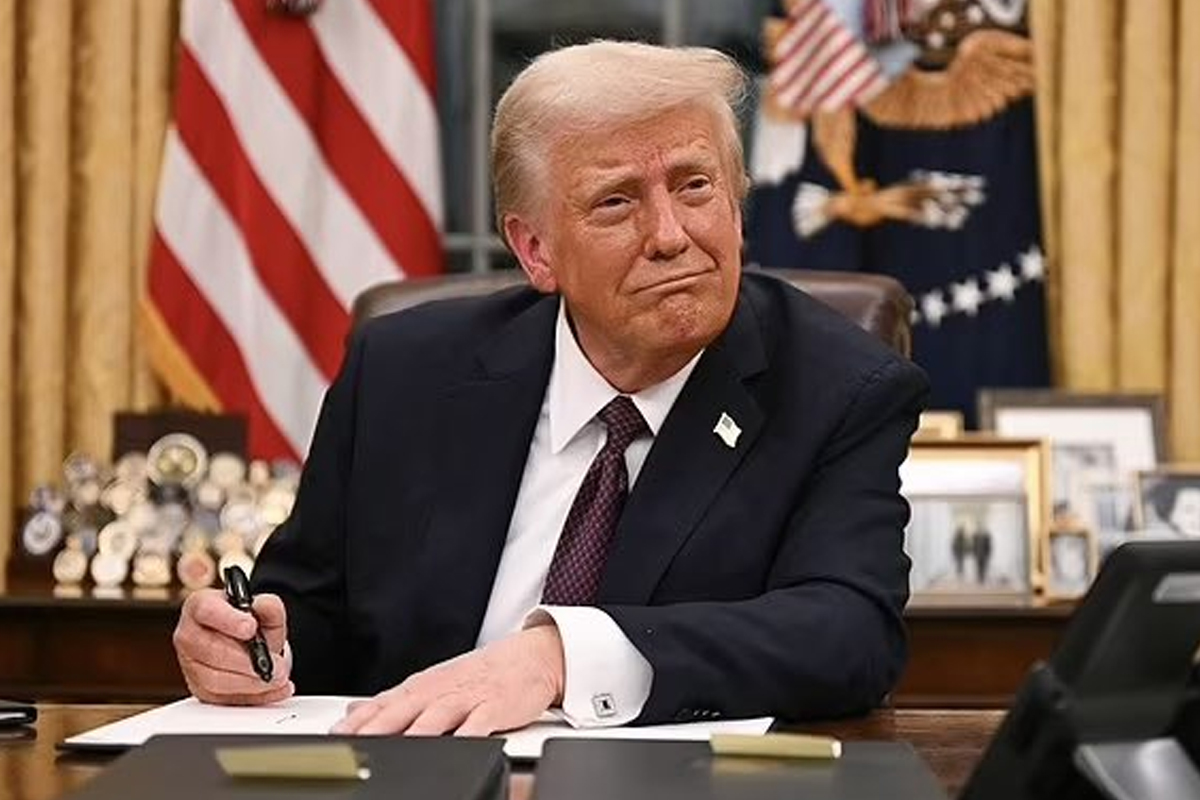Unswerving market-oriented reforms would be key for China’s upcoming third plenum, said a former senior official with Beijing’s top economic planner.
“China’s economic reform has been going on for 45 years, and this year marks the 46th year, and the most important core issue is reconciling the relationship between the government and the market,” said Peng Sen, a former deputy director of the National Development and Reform Commission (NDRC).
“Letting the market play a decisive role in resource allocation, that means minimising government intervention in the micro economy,” Peng said during the World Economic Forum’s Annual Meeting of the New Champions – also known as Summer Davos – on Thursday in Dalian.
The meeting, which will be attended by more than 370 full and alternate members of the new Central Committee, is expected to endorse a wide-ranging communique covering deepening reform and pushing forward China on a path to modernisation.
[The government] is mainly for creating a better environment for competition
Peng, who is currently president of China Society of Economic Reform, an academic association affiliated with the NDRC, added that the government should not play such a large role in its socialist market economy.
“[The government] is mainly for creating a better environment for competition,” Peng added.
China should have better policies to support the “vibrant, competitive and creative market entities”, especially the creativity development of private firms, he said.
The backbone of China’s economy, the private sector contributes 50 per cent of tax revenues, more than 60 per cent of gross domestic product and over 70 per cent of technological innovations.
It also provides more than 80 per cent of urban employment and accounts for over 90 per cent of market entities.
Private firms should, according to Peng, be able to enjoy fair competition in China’s market economy.
On Tuesday, deputy NDRC director Zheng Bei also said in a report to the Standing Committee of the National People’s Congress – China’s top legislature – that private enterprises faced hidden entry barriers in some key sectors, and that the protection of the property rights and interests of private firms and entrepreneurs remained insufficient.
There are still shortcomings from the authorities in terms of policy implementation and the supply of services to the private sector, Zheng added.
China’s economic reform should include further improvements of basic regulatory systems, including on property rights, market access and fair competition, Peng said.
“These regulations are crucial to the improvement of the entire market system,” he added.
China’s economy is full of hope, at the same time it still faces many severe and complex difficulties
At the same time, reforms of market-based allocation of production factors are also required, Peng added.
“Land, capital, labour, technology and data should be all allocated by the market and priced by the market, thus to revive the market’s vitality and inject new impetus into the Chinese economy,” he said.
“China’s economy is full of hope, at the same time it still faces many severe and complex difficulties.
“But through reforms, especially market-oriented reforms, I think we can lay the best foundation for China’s next step of healthy and sustainable development.”







